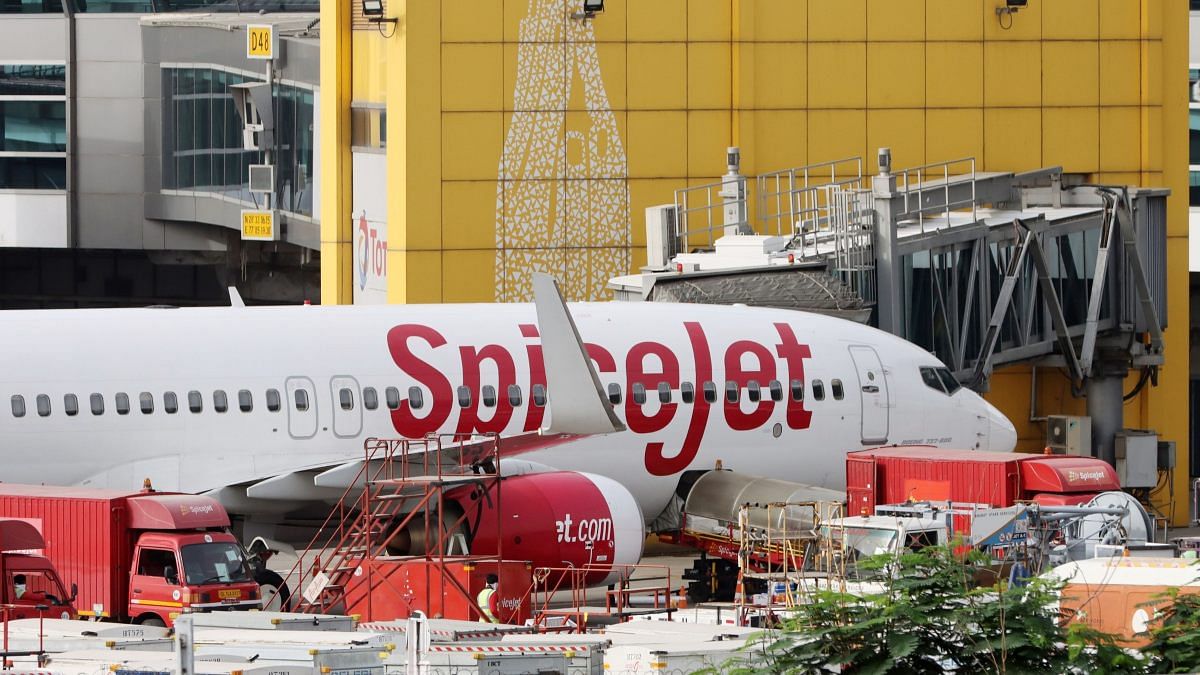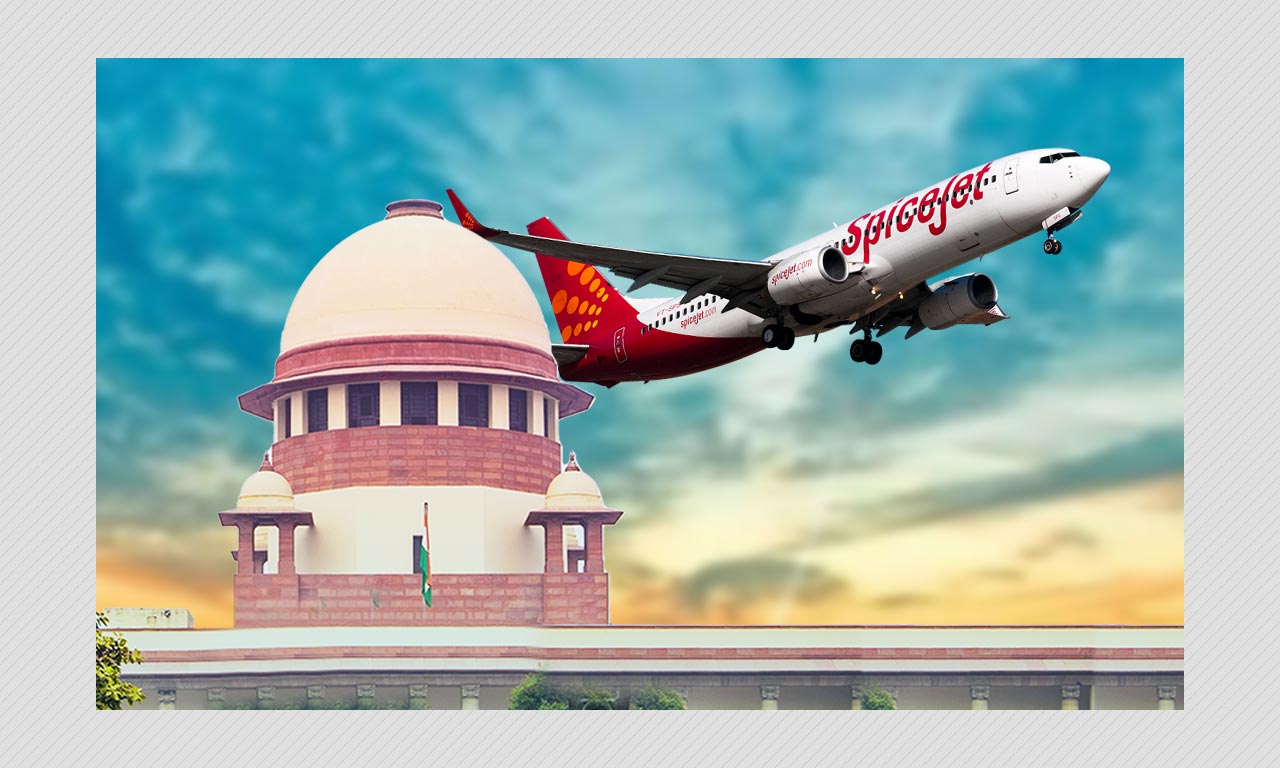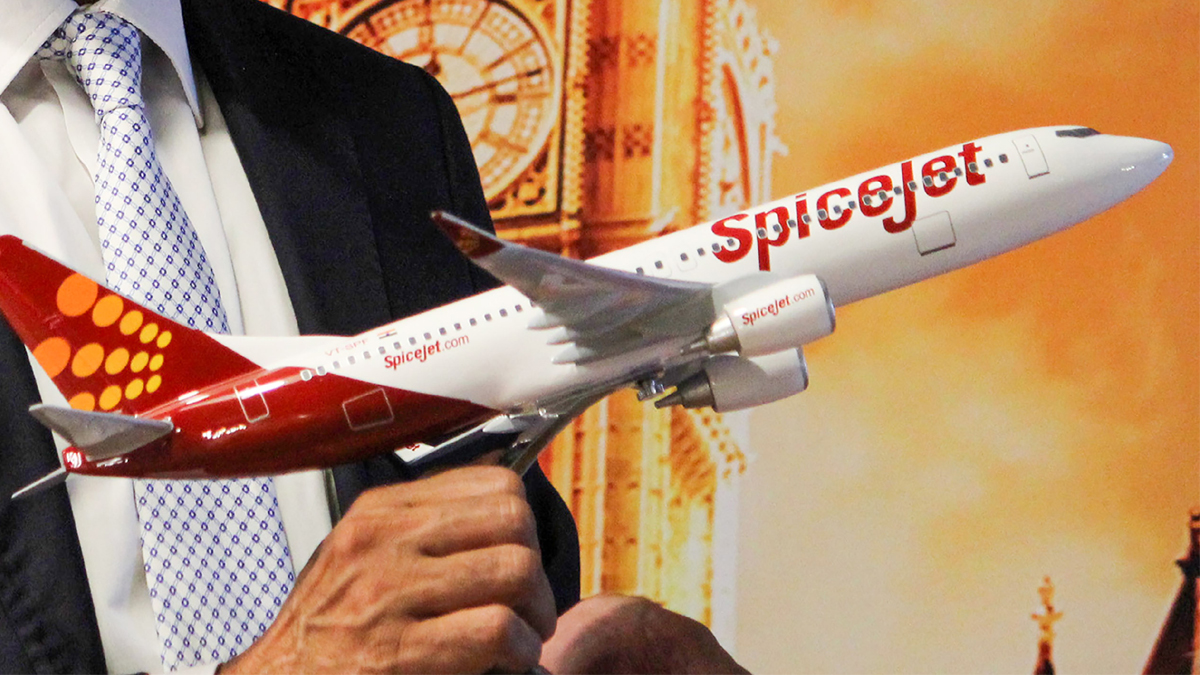SpiceJet’s Payment Deadline: Supreme Court’s Final Verdict 2023

SpiceJet’s Payment Deadline: Supreme Court’s Final Verdict 2023
The Delhi High Court ordered SpiceJet to deposit the Rs 75 crore that must be paid to Maran and his Kal Airways as interest on the arbitral judgement immediately on June 1 while refusing to prolong the deadline.
In a recent judgment, the Supreme Court of India refused to grant an extension of time to SpiceJet to pay media mogul Kalanidhi Maran and Kal Airways. This judgment has significant implications for the aviation industry in India and further emphasizes the sanctity of contracts and judicial orders.
The Supreme Court did not extend the deadline for submitting P.aying Kalanidhi Maran and his Kal Airways the Rs 578 crore arbitral judgement relating to a share-transfer issue on Friday, stating these are luxury litigations. This was a blow for low-cost carrier SpiceJet.
The Delhi High Court ordered SpiceJet to deposit the Rs 75 crore that must be paid to Maran and his Kal Airways as interest on the arbitral judgement immediately on June 1 while refusing to prolong the deadline.
The origins of this dispute lie in a change of ownership for SpiceJet. Kalanidhi Maran and Kal Airways, the erstwhile owners, transferred their control over SpiceJet to the airline’s current promoter Ajay Singh, back in 2015. SpiceJet was obligated to issue warrants to Maran and Kal Airways as part of this transfer agreement, which could later be converted into shares. However, SpiceJet failed to honour this commitment, triggering a legal battle.

Maran and Kal Airways took the case to the Delhi High Court, which initially ruled in their favour. The High Court ordered SpiceJet to pay Maran and Kal Airways a sum of INR 243 crores in 2020. However, SpiceJet contested this order, leading to an appeal to the Supreme Court.
In the meantime, SpiceJet was also facing financial difficulties due to the overall economic downturn caused by the Covid-19 pandemic. Therefore, SpiceJet sought an extension of time to make the payment.
The Supreme Court, however, rejected this plea in its recent judgement. It upheld the decision of the Delhi High Court, reiterating that SpiceJet is obligated to pay the said amount to Maran and Kal Airways.

Before this, the highest court mandated that SpiceJet’s bank guarantee of Rs 270 crore for Maran and his business be paid immediately if the airlines missed their May 13 deadline for paying Rs 75 crore in interest on the arbitral decision.
On Friday, a bench of Chief Justice DY Chandrachud and Justice PS Narasimha rejected the adamant arguments of senior attorney Mukul Rohatgi, who was representing SpiceJet. It declined to extend the deadline, claiming that the entire award has become executable.
“The battery of solicitors is engaged in all of this, and you know, the goal is just to postpone following the court’s instructions. I won’t support this. The Delhi High Court will now implement the award following the court’s writ, the CJI stated.

Senior attorney Maninder Singh stated that nothing had been paid after the Supreme Court ordered Maran and his Kal Airways to pay Rs 75 crore as interest and that no leniency should be shown to them as an extension of time.
Singh, represented by Karanjawala & Company, said SpiceJet had previously disobeyed a high court order requiring it to produce an affidavit declaring assets.
The high court ordered the airline to deposit around Rs 243 crore as interest on November 2, 2020, concerning the share transfer issue with its erstwhile proprietor, Maran and Kal Airways.
The top court delayed the high court’s ruling on November 7, 2020.
The highest court ordered SpiceJet’s bank guarantee of Rs 270 crore on February 13 of this year to be cashed immediately and to pay Maran and Kal Airways their outstanding debts resulting from the arbitral judgement.
It claimed to have ordered SpiceJet to pay Maran and Kal Airways Rs 75 crore for the interest portion of the arbitral judgement within three months.
The judgment has far-reaching implications for the aviation industry, especially in light of the financial difficulties many airlines face due to the Covid-19 pandemic.
- Upholding Contractual Obligations: First, the judgment reinforces the importance of upholding contractual obligations. Despite the financial difficulties faced by SpiceJet, the Supreme Court has made it clear that businesses must refrain from reneging on their contractual commitments.
- Financial Impact on SpiceJet: The judgment also places significant financial pressure on SpiceJet. The airline, which is already grappling with a downturn in business due to the pandemic, will have to find the resources to honour this obligation.
- Investors’ Confidence: The judgement will likely impact investors’ confidence in SpiceJet. The fact that the airline has been ordered to make such a significant payment may scare potential investors, further impacting SpiceJet’s financial health.
According to information provided to the high court on May 29, SpiceJet has not paid the interest sum.
Following the 2018 arbitration ruling in the share-transfer issue, the high court had 2017 ordered SpiceJet and its promoter Ajay Singh to deposit around Rs 243 crore as interest payable on Rs 578 crore.
The high court had given SpiceJet six weeks to complete the payment. However, that period ran out on October 14, 2020.
Following this, Maran and his company filed a high court petition to attach Singh’s whole SpiceJet shares and management takeover due to the non-payment of Rs 243 crore.
The top court considered Spicejet’s petition, which then issued the temporary ruling delaying the high court judgement.
SpiceJet demanded that 18 crore warrants redeemable as equity shares be transferred to them, and Maran and Kal Airways filed a high court petition on the share-transfer issue.
SpiceJet and Singh were required by the high court to deposit Rs 578 billion in the high court registry.
SpiceJet was allowed to present a bank guarantee for Rs 329 crore and deposit the remaining cash in front of the high court.
In July 2017, the Supreme Court rejected SpiceJet’s appeal of the ruling by the High Court.
The arbitral tribunal denied Maran’s claim for damages of Rs 1,323 crore for not granting him and Kal Airways the warrants on July 20, 2018, but instead gave him a return of Rs 578 crore with interest.
Sun TV Network’s owner Maran then petitioned the Supreme Court to challenge the arbitration decision.
The issue was a disagreement over the non-issuance of warrants in Maran’s favour following the transfer of ownership to Singh, SpiceJet’s main stakeholder.

After Singh regained control of SpiceJet in February 2015, the conflict erupted despite the airline’s financial problems.
With a 58.46 per cent ownership in SpiceJet, Maran and Kal Airways, they have sold all of their Rs 35.04 crore equity shares in the airline to Singh, the company’s co-founder, in February 2015 for just Rs 2.
The recent Supreme Court ruling denying an extension of time to SpiceJet to pay Kalanidhi Maran and Kal Airways underlines the importance of honouring contractual obligations. Despite the challenging economic climate, the court has prioritized the enforcement of contracts and judicial orders. It remains to be seen how SpiceJet will navigate these challenges and what this judgment means for the broader aviation industry in India.




